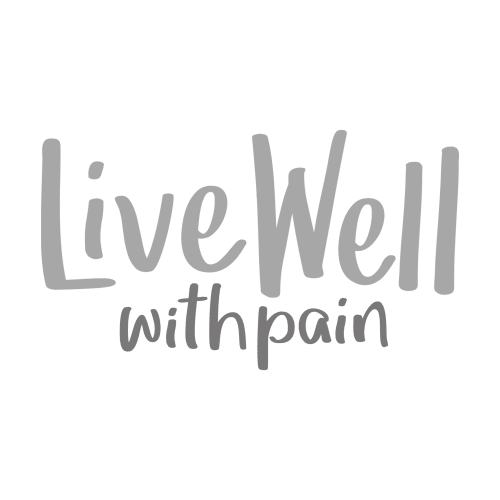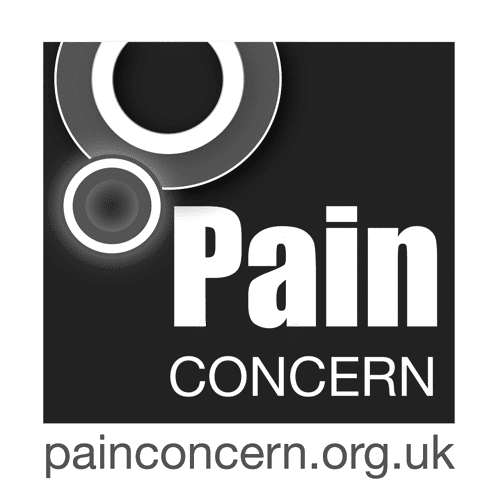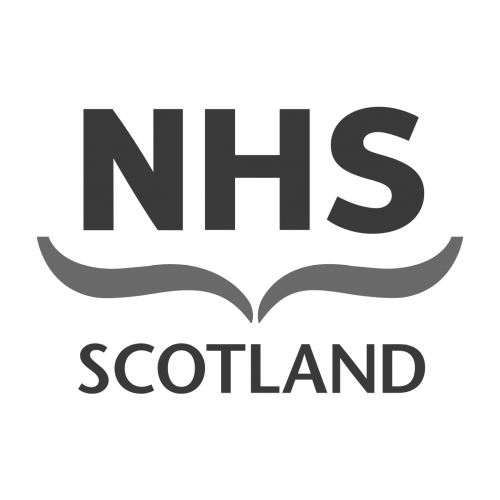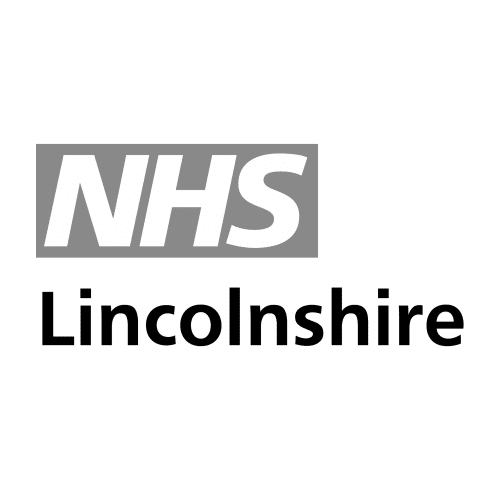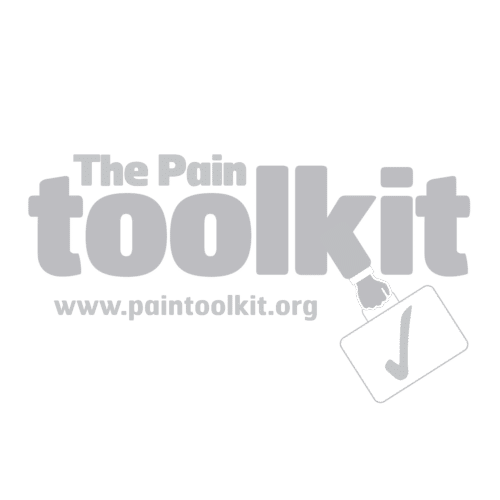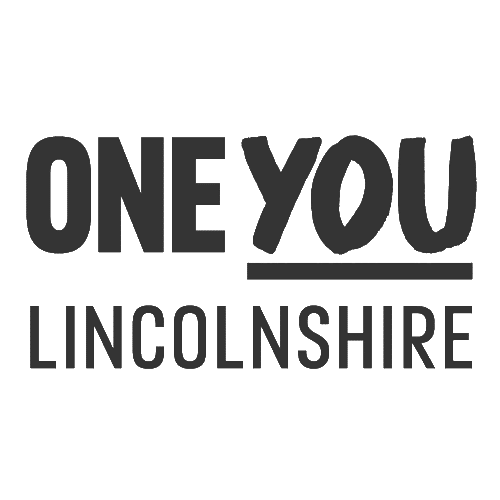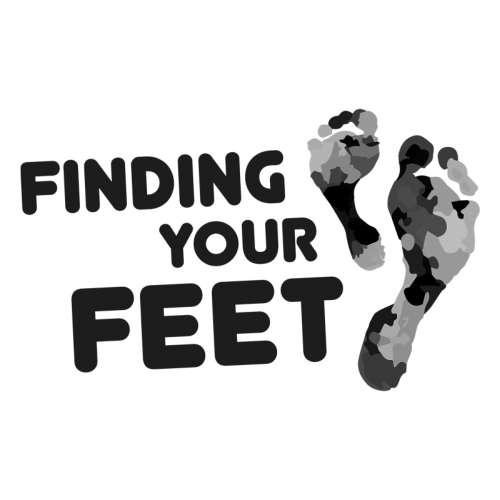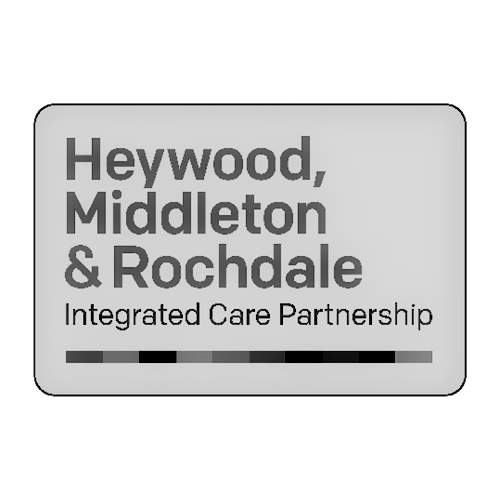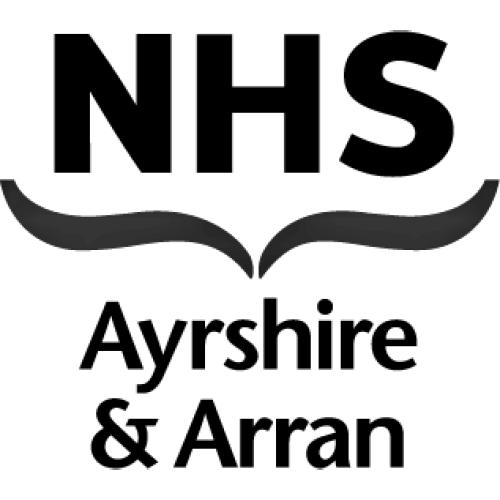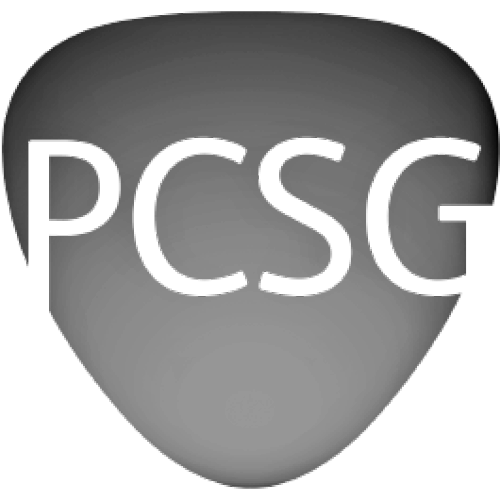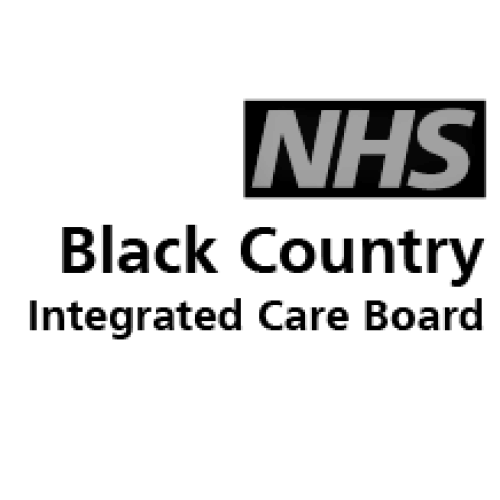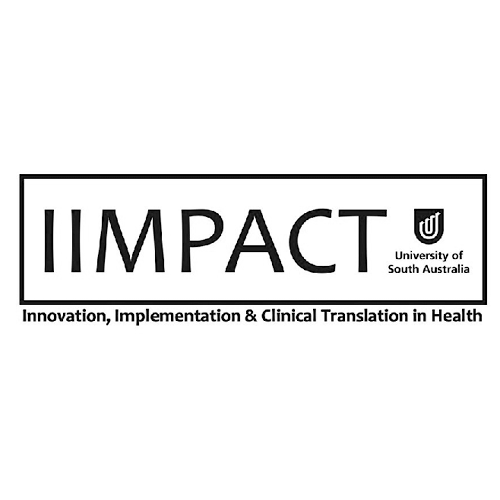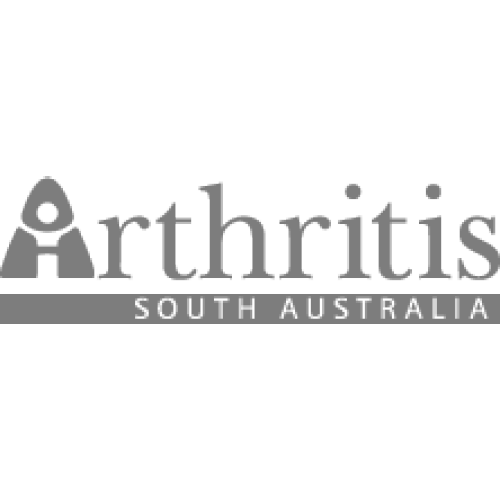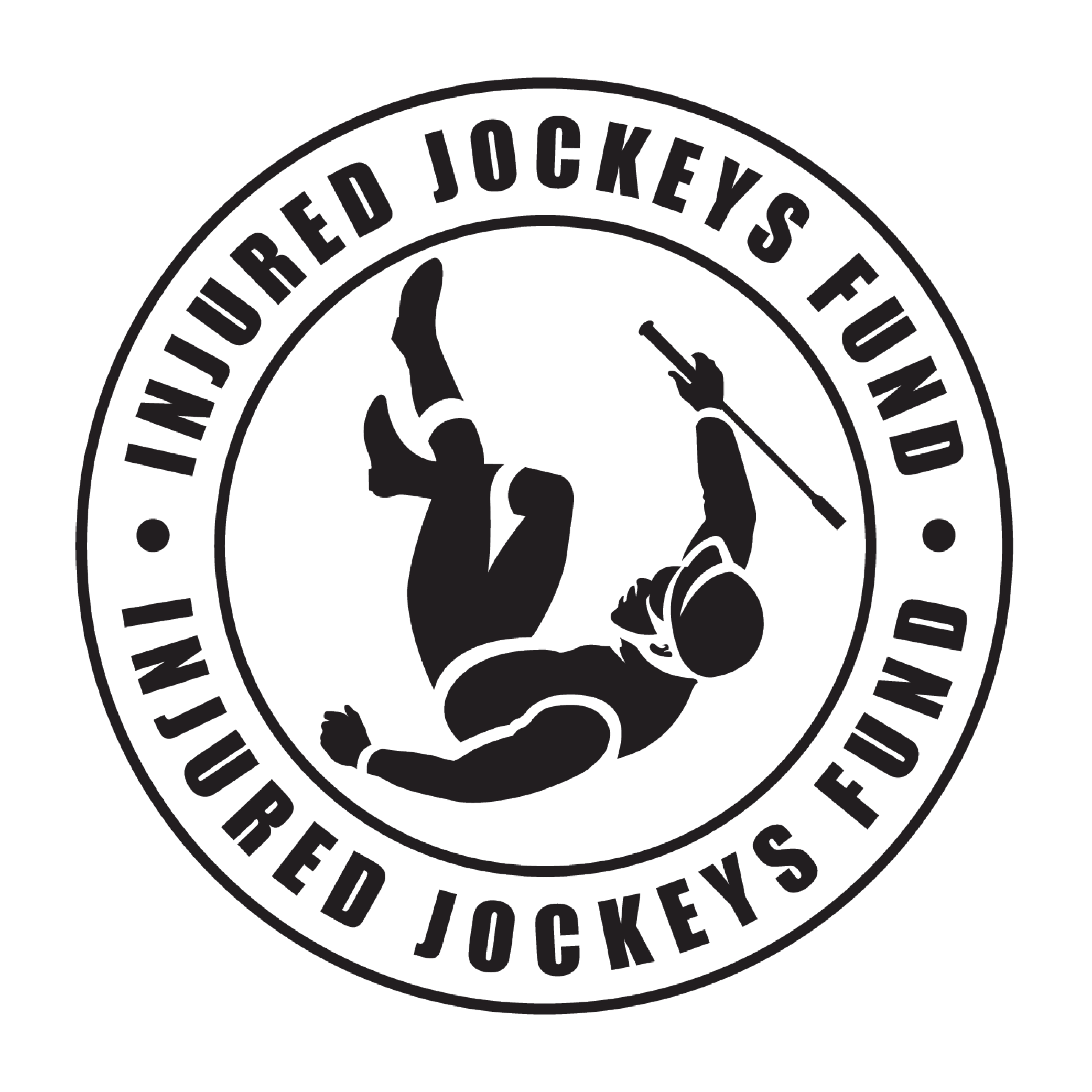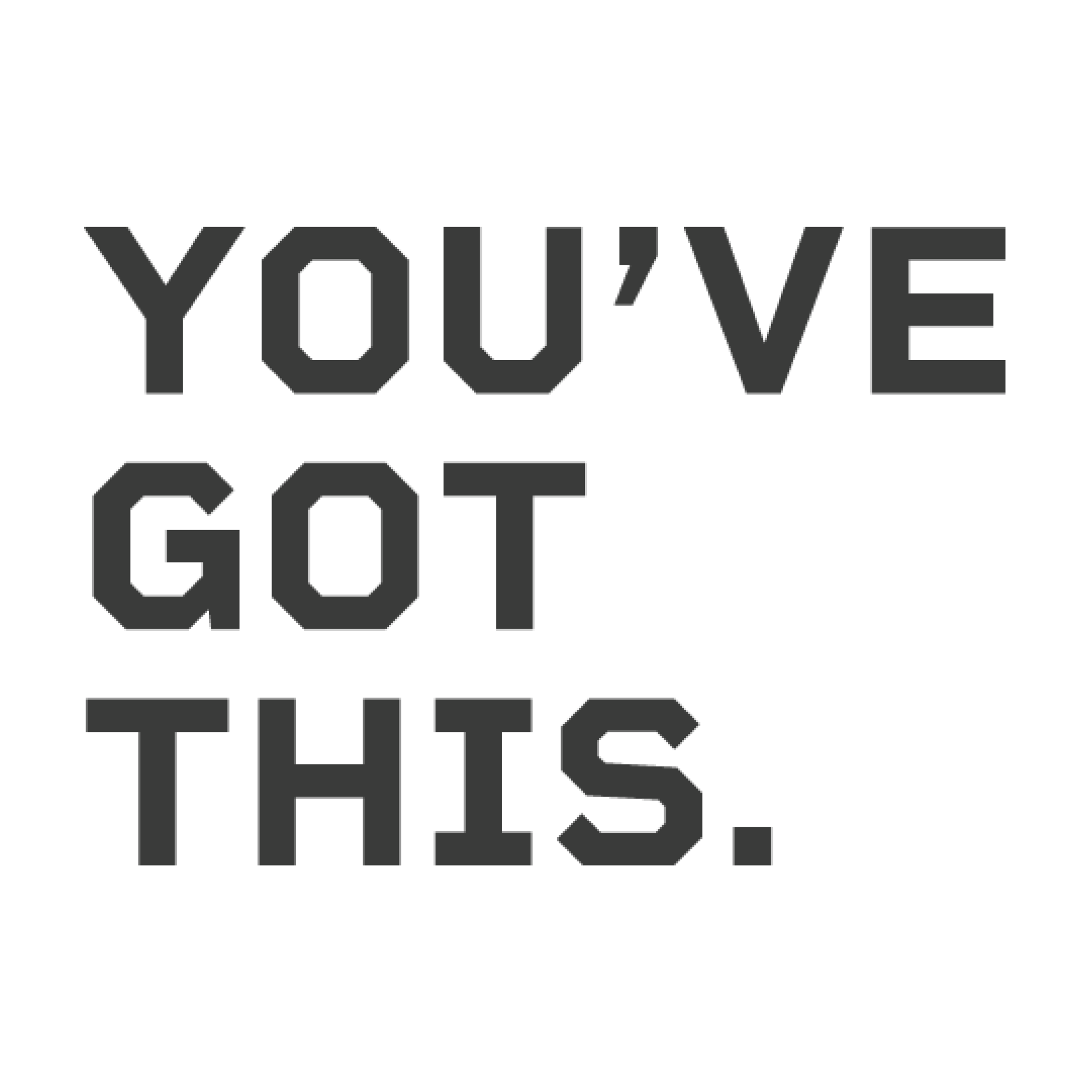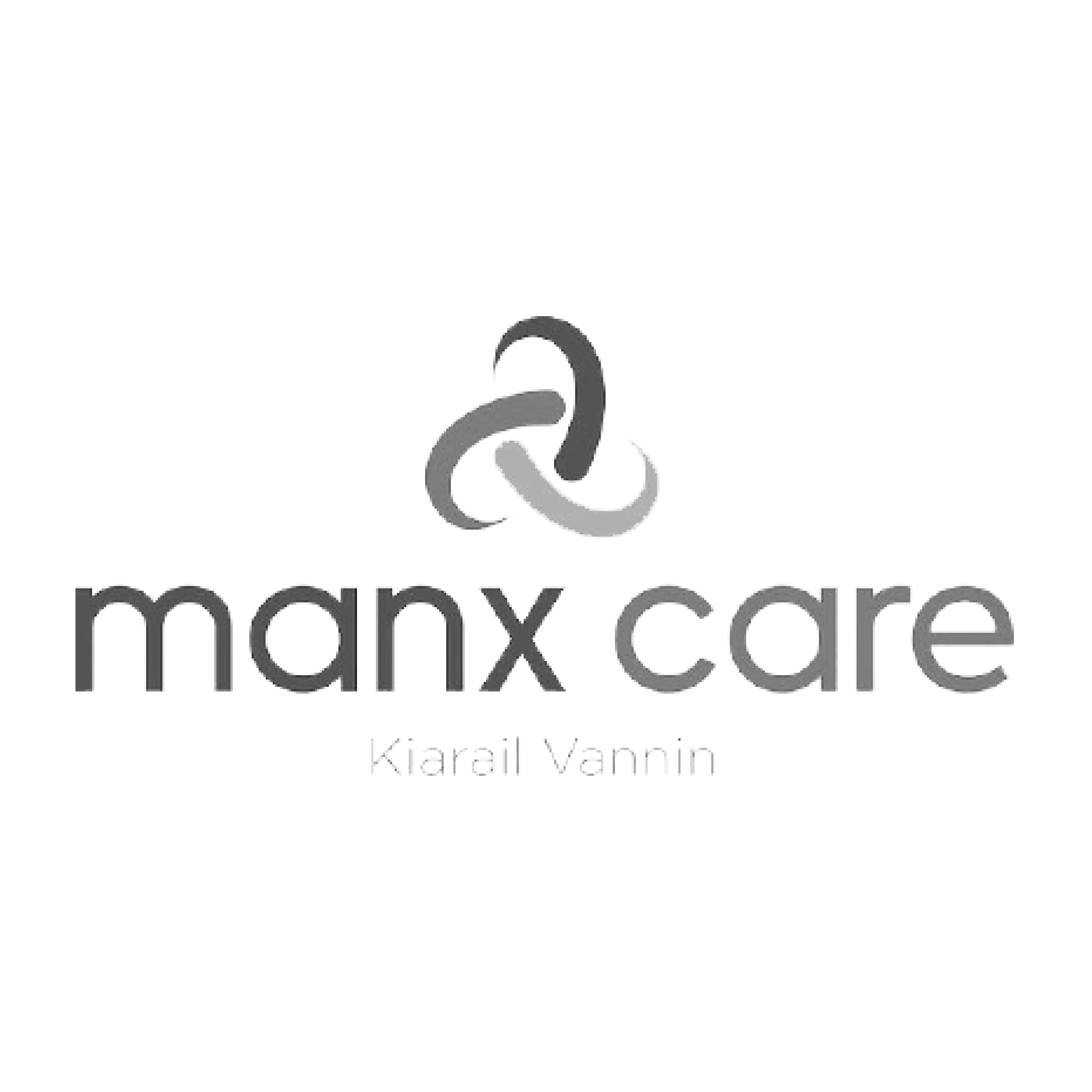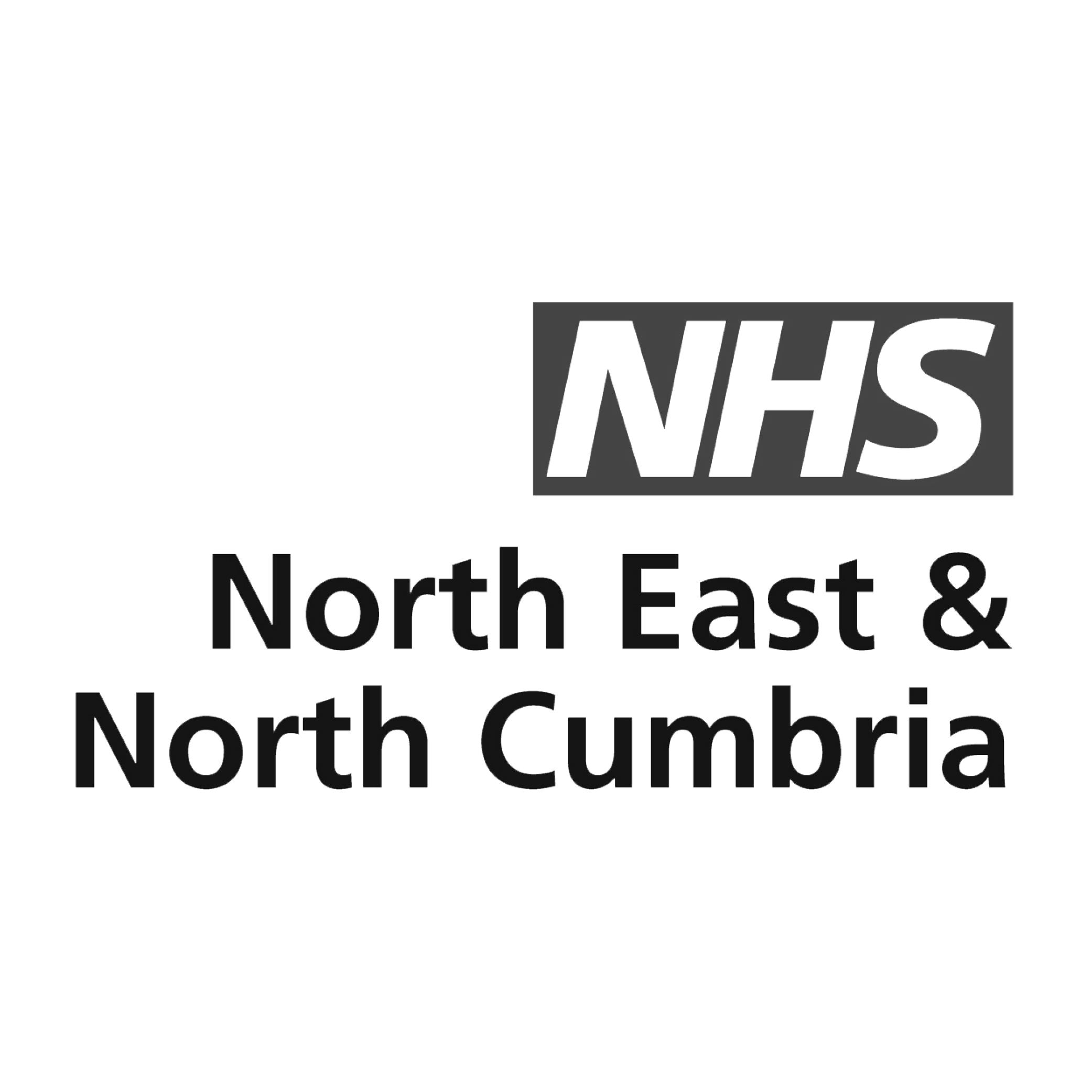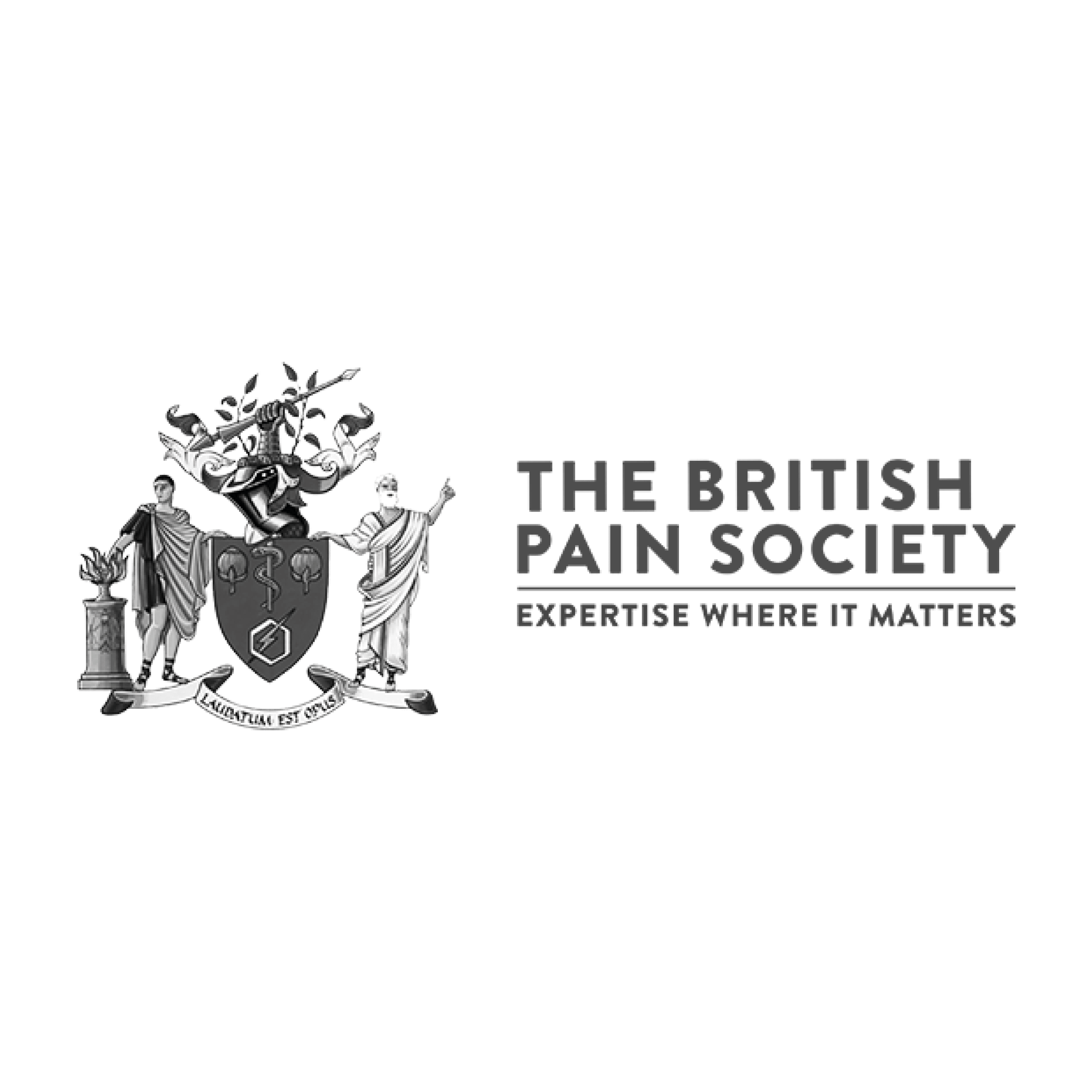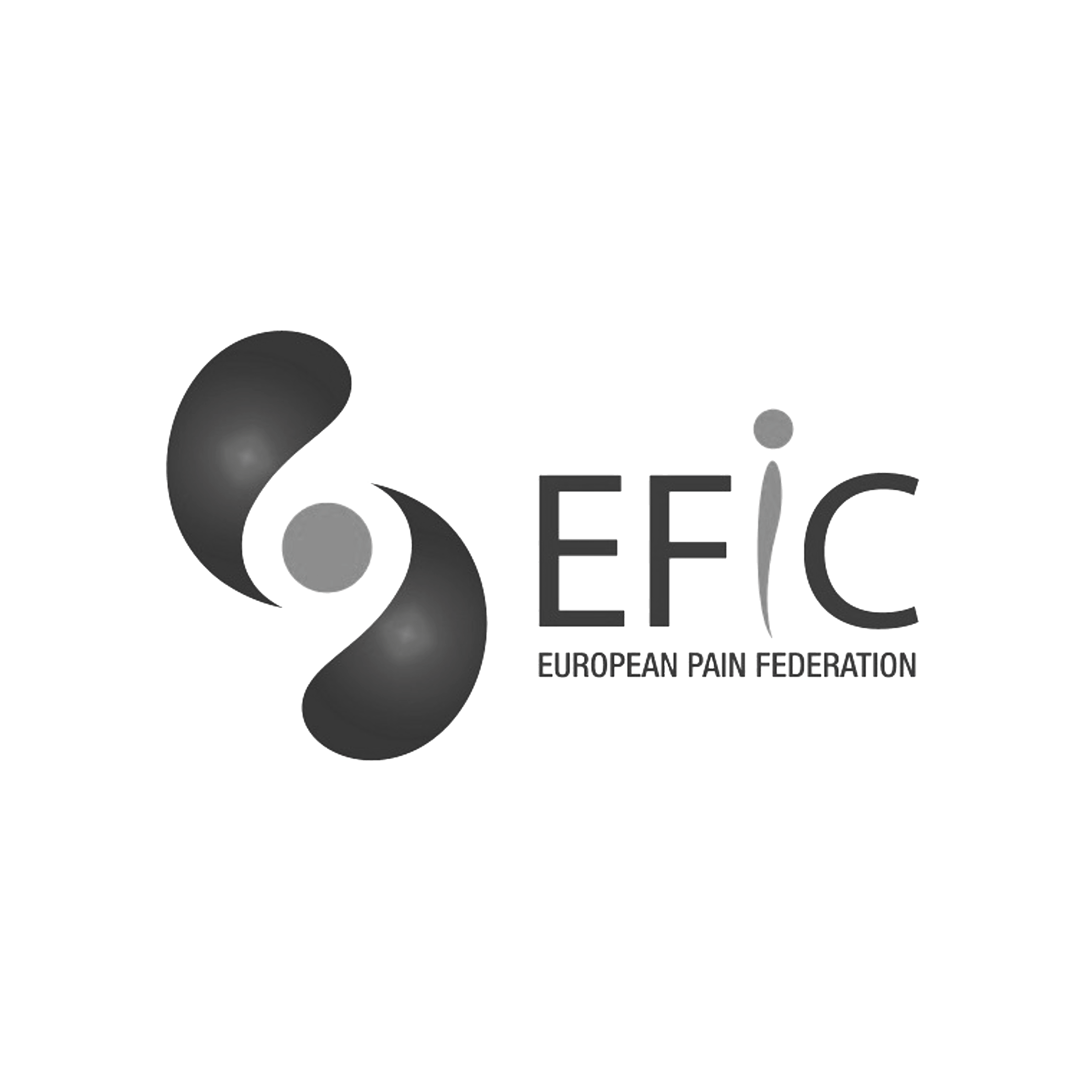Lee from Sheffield tells us how his experiences have had a huge impact on his pain: and how he believes hope is a healing power.
Content warning: this story includes reference to traumatic experiences.
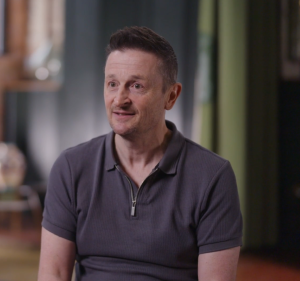 “My journey with persistent pain began when I was 10 years old. That’s not to say I was in constant pain at this stage in my life, but life events were to drastically begin to shape the person I would become – and the life that I would lead.
“My journey with persistent pain began when I was 10 years old. That’s not to say I was in constant pain at this stage in my life, but life events were to drastically begin to shape the person I would become – and the life that I would lead.
Persistent Pain is not something that we choose: after all, why would we? Persistent pain is a battle that chooses us, and it really is unfair.
“We know that that pain is something we need as human beings: to warn us of injury, harm or danger. But pain that persists is not always helpful, and often not a reflection of what is really going on.
“It can be down to injury – like the time I landed rather unkindly on a large rock after making a Peter Shilton-level save – but this injury was just an initial spark that started a conversation with my central nervous system.
“On the 23rd of March 1984, my father suddenly collapsed at our home. He died there and then with massive heart failure on our living room floor. There were no goodbyes. That evening, I lost both my parents, because mum could no longer be the person she was before.
“The 80’s were a different era, and my father’s family resembled the Sheffield version of the Peaky Blinders – they were from very hard stock. As my grandma sought to comfort me on the day of her son’s funeral, she uttered a sentence that I now know haunted me for years: “Lee, you are the man of the house now”. I assume she was trying to show compassion, or something. What a thing to say to a 10-year-old boy, is what I reflect upon today.
Pain became part of my life in my late teens.
“Though the goalkeeping accident feels like it was the catalyst, the grief and trauma I experienced into my twenties played a significant part. My wife had a severe mental health breakdown when she was pregnant with our second child, we had many financial worries and I was pushed to my own darkest places of mental health struggles.
“At 28 years old, I needed hip surgery. My right hip was deemed so badly damaged that it had to be replaced. ‘Finally’, I thought. ‘This is the answer I was looking for’. Alas, whilst the hip pain ceased, the remainder of the pain simply escalated to further parts of my body, and my daily life was greatly impacted.
“Life continued to be tough, too. I had a serious car accident in my 30s, struggled with eventually outliving my dad, and witnessed a very traumatic incident at work in my 40s. The social isolation we then all experienced over the COVID-19 pandemic served to compound all of these experiences that I’d been trying to repress.
“As the years went by, the volume button just increased on my pain, and I still had no answers. By 2021, I had become unrecognisable as a person, taking 28 tablets every day to remain functional and bury the pain. I was in no way functional and went to a very dark place: how can you hurt so much, but nothing or nobody could show me the reason why? All I wanted was to be fixed.
So what changed? My understanding of pain changed.
“A brilliant psychologist with the Sheffield Pain Management Programme simply allowed me a safe space to share my story – my pain. She described me as “the meat between two dogs” and this made so much sense. She was also the first person to ever suggest to me that my pain experience could be linked to emotional trauma. It was done very subtly and with a great deal of empathy – but she planted a seed.
“This was so different to my previous conversations with health care professionals. I was used to mostly looking at the back of their heads whilst listening to the printer spew out the latest prescription. The sentence we have all heard was explained to me time and time again: “it’s just something you will have to learn to live with”. After the car accident, I went to the GP and was met with sheer distain. “Oh I see… EVERYTHING hurts, does it? You do know I can’t influence an insurance claim.” That time, I wasn’t even believed.
Words matter when we talk to people living with persistent pain.
About a year later after that conversation with the psychologist, I was now educating myself daily about pain science, and I was becoming increasingly more active in self-care. On one of my weekly walks, I was listening to a podcast between Rangan Chatterjee and Howard Schubinar. In the podcast Howard spoke the following sentence, a sentence which would change my life:
“Physical Trauma and Emotional Trauma share the same neural pathway in the brain.”
“This sentence poured water on the seed planted about a year earlier and also on the fire that burned inside me. Of course: this was ‘my explanation’ for my pain. It just made perfect sense. If emotional trauma can be responsible for a physical experience of pain, then this was the end of my 30-year wait for an explanation. It gave me hope.
I went from strength to strength and rapidly.
“Today I still have pain in my life, but it is no longer my life. I don’t aspire to be pain-free because I’ve accepted it into my life. Pain has become the friend that I have needed to alert me to my emotional triggers: the triggers the 10-year-old boy within me began collecting all those years ago.
“In 2023, I completed the UK Coast to Coast Cycling event, following numerous other cycling achievements that year, including spending a week with Flippin’ Pain.
“Now my recovery journey involves giving back as a lived experience advocate. There are organisations that know the power of pain education, and I am now supporting these, working as a Health Coach in the NHS and Peak Health Coaching, as well as delivering pain education at pain cafés in Sheffield. I also work with Pain Concern, hosting online pain education workshops.
“I host a Facebook Group designed to provide peer-to-peer support. It has become such a wonderful place to be part of: a community of people with shared experiences willing to help guide and support one another.
“Every day of my life now, I live with the security of having my own ‘flare kit’. The kit is full of self-management strategies that I know are effective for me. This serves to lessen my fear of pain. I have learned to listen to the messages from my body and accept them as the ‘parking sensors’ of my life.
“C.S. Lewis once said: ‘you can’t go back and change the beginning, but you can start where you are and change the ending’.
“Hope Heals.”
You can find more information on Partnering Pain, Lee’s Facebook group, here.



